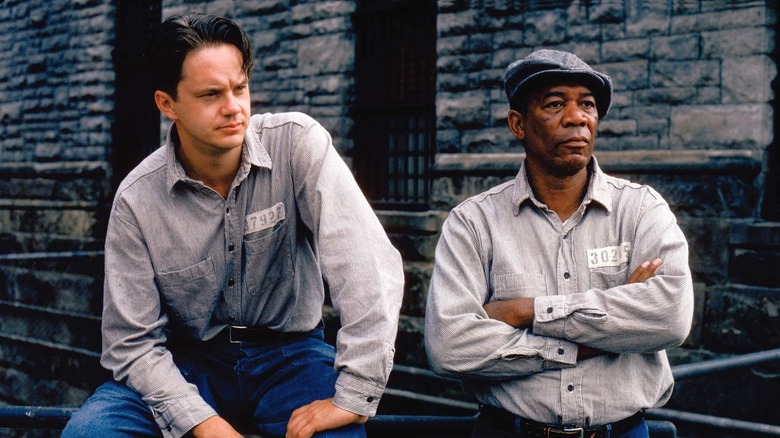Stephen King’s books have enjoyed countless movie and TV adaptations over the years, but not all of them are winners. Sure, there’s “Shawshank Redemption” and “Misery,” but there’s also the recent “Firestarter” remake, or whatever that 2017 “Dark Tower” film was. When a new King adaptation is announced, there’s no guarantee that it’ll be worth the watch. In a 2017 interview with Vulture, the author himself gave his theory for why some of the adaptations fail, and why some of them don’t:
“I think that sometimes when people buy a book, they just want the situation and then they’ll build the movie off it. It’s like buying a launch pad and putting your own rocket on it: Sometimes that works, and sometimes it explodes. A lot of times, I feel like the filmmakers are better off if they follow the arc of my stories closely. Now, maybe that’s egocentric, but that’s the way I feel. With ‘Gerald’s Game’ and ‘1922,’ they both follow the course of the books pretty closely, and the films that these guys made stand and fall on that.”
It’s a reasonable take. My personal favorite of Stephen King adaptations is Brian De Palma’s “Carrie,” a film that sticks to the book faithfully, from both a plot and thematic perspective. Even when it comes to the seemingly-impossible adaptations like the recent “It,” and “It: Chapter Two,” the movies still stay true to the spirit of the novel; we get the book’s meditations on the cruelty (and fun) of childhood in the first movie, as well as the book’s nostalgic adult perspective in “Chapter Two.” The fact that these movies keep the core of the books helps make them work, even as the necessities of film require them to gloss over major storylines from the 1200-page novel.
Okay but what about ‘The Mist,’ Stephen?
The obvious counter to King’s claim is the 2007 Frank Darabont film, “The Mist,” a movie that completely flips the ending of its source material. Whereas King ends the novella on a hopeful note, Darabont ends the story with the most soul-crushing twist ending of all time. The ending doesn’t follow the arc of the book’s story at all, and yet even King himself admitted that Darabont did it better.
And then of course there’s Stanley Kubrick’s “The Shining,” although Stephen King himself likely wouldn’t consider this a persuasive counter-argument. The 1980 film makes the bold choice to streamline Jack Torrance’s insanity; book Jack starts off seemingly normal and then slowly falls to the dark side throughout 400 pages or so, whereas movie Jack’s clearly got a screw loose from the first scene. It’s a choice King found frustrating, but which also led to the movie becoming one of the most beloved horror films of all time.
Then again, plenty of other adaptations of King have changed a ton from the source material, with far less impressive results. 2023’s “The Boogeyman” is nearly unrecognizable from the 1973 short story, and it did not turn out as the masterpiece Kubrick gave us. And we can’t forget how movies like “Stand By Me” and “The Green Mile” were amazing while staying faithful too. There really doesn’t seem to be a consistent rule to making a great King adaptation; the only clear takeaway is that the most impressive ones were directed by all-time greats like Darabont, De Palma, and most recently Mike Flanagan. Change things up dramatically or don’t, but as long as there are talented directors and writers at the wheel, every King story has a chance at Hollywood success.
